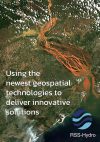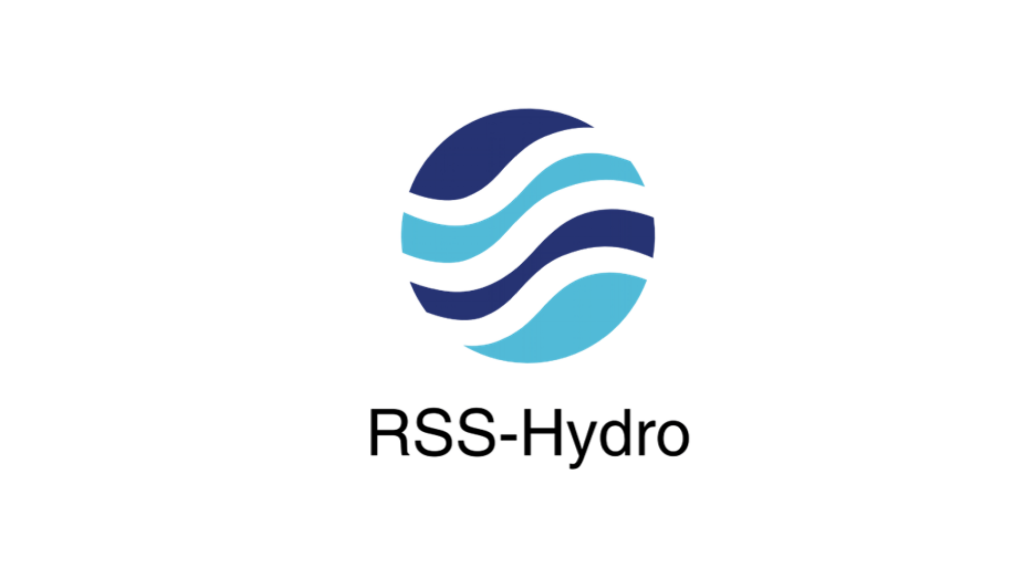The latest environment news looking at developments in the world of agriculture and aquaculture, along with the management of plastic waste, pollution and climate modelling
Partner Showcase > RSS-Hydro
RSS-Hydro works towards promoting research and development for a sustainable future, focusing its activities pivoting around three business pillars: research, development of science-driven products and expert scientific consulting.



